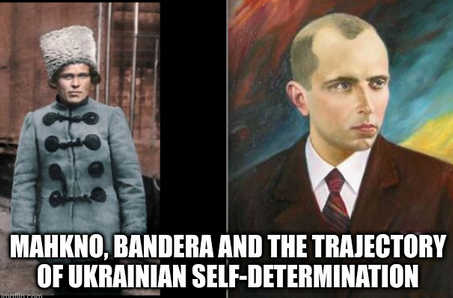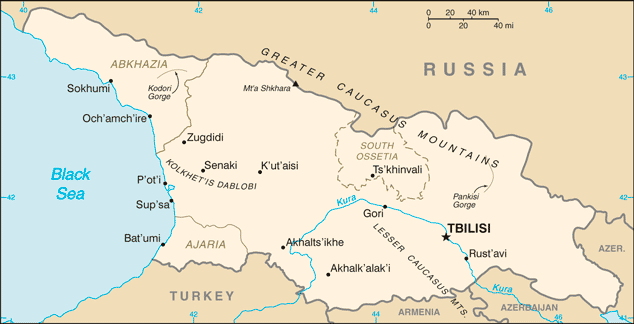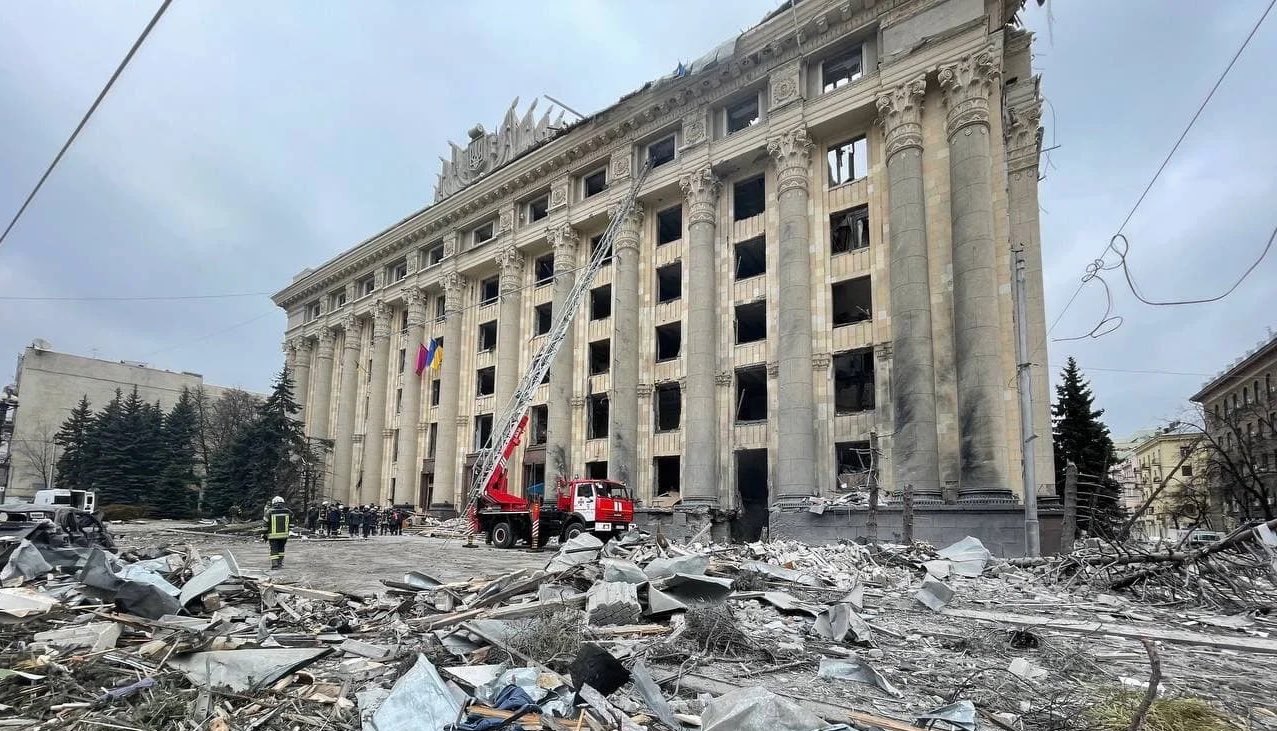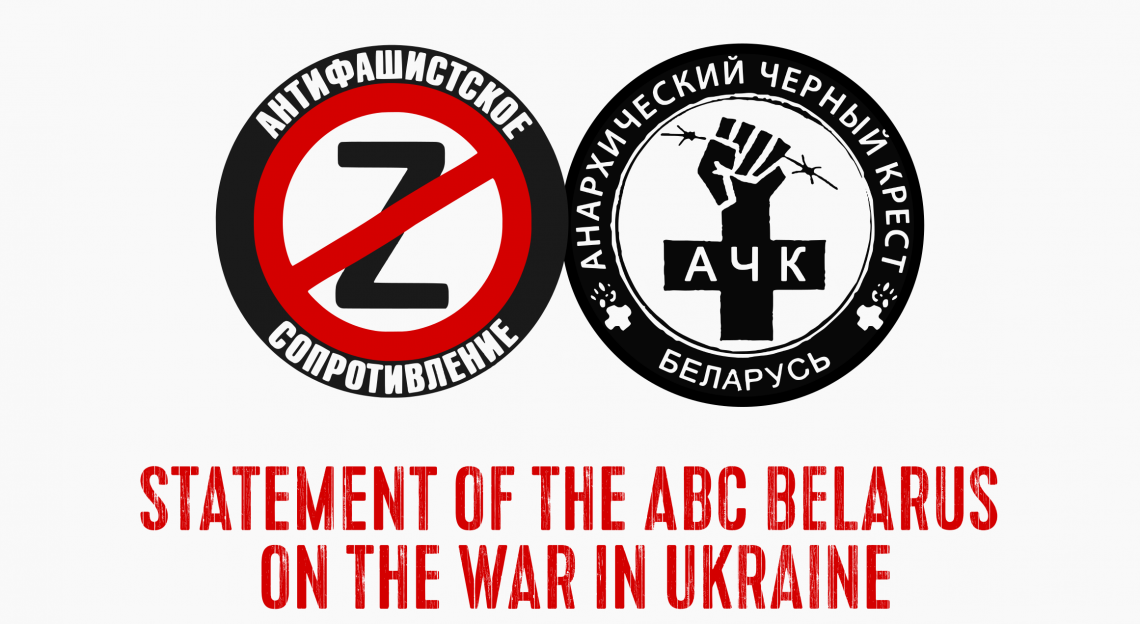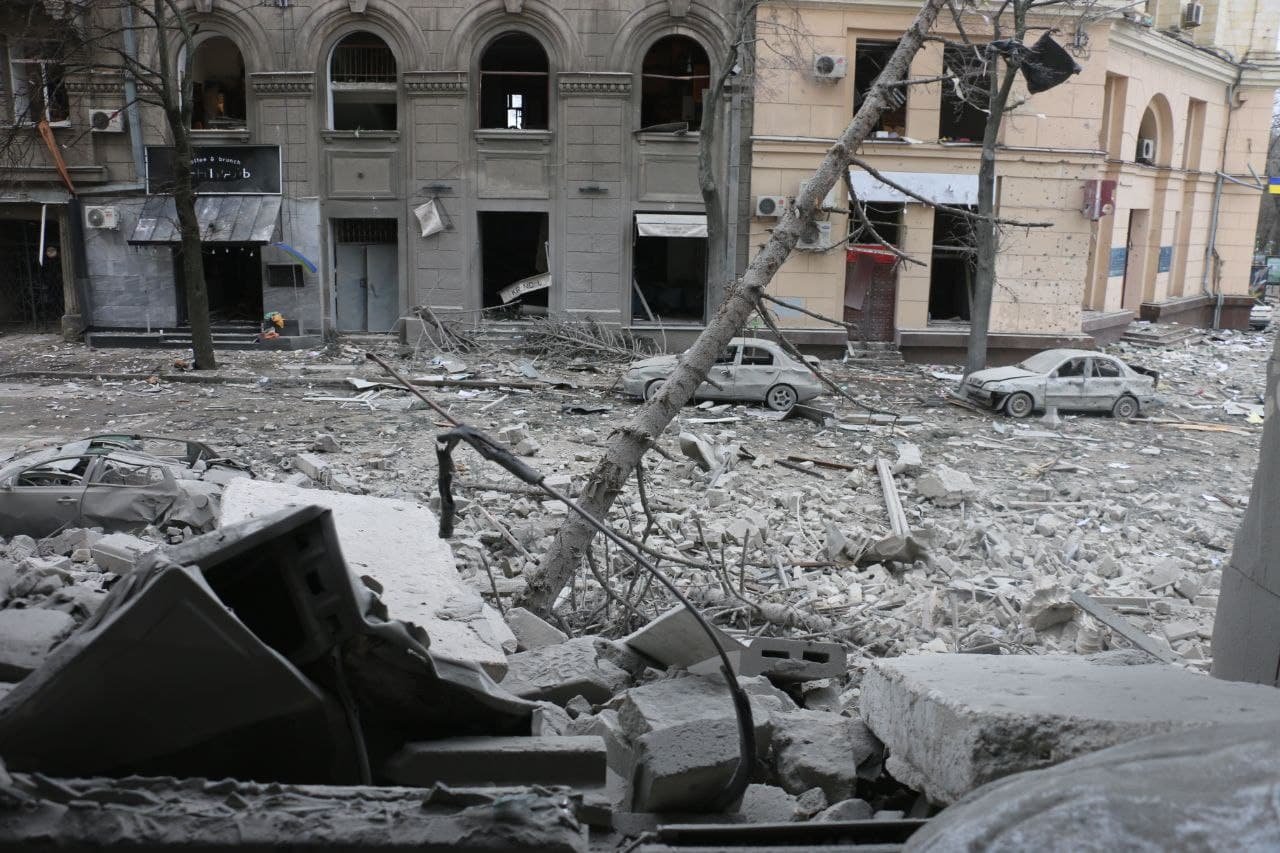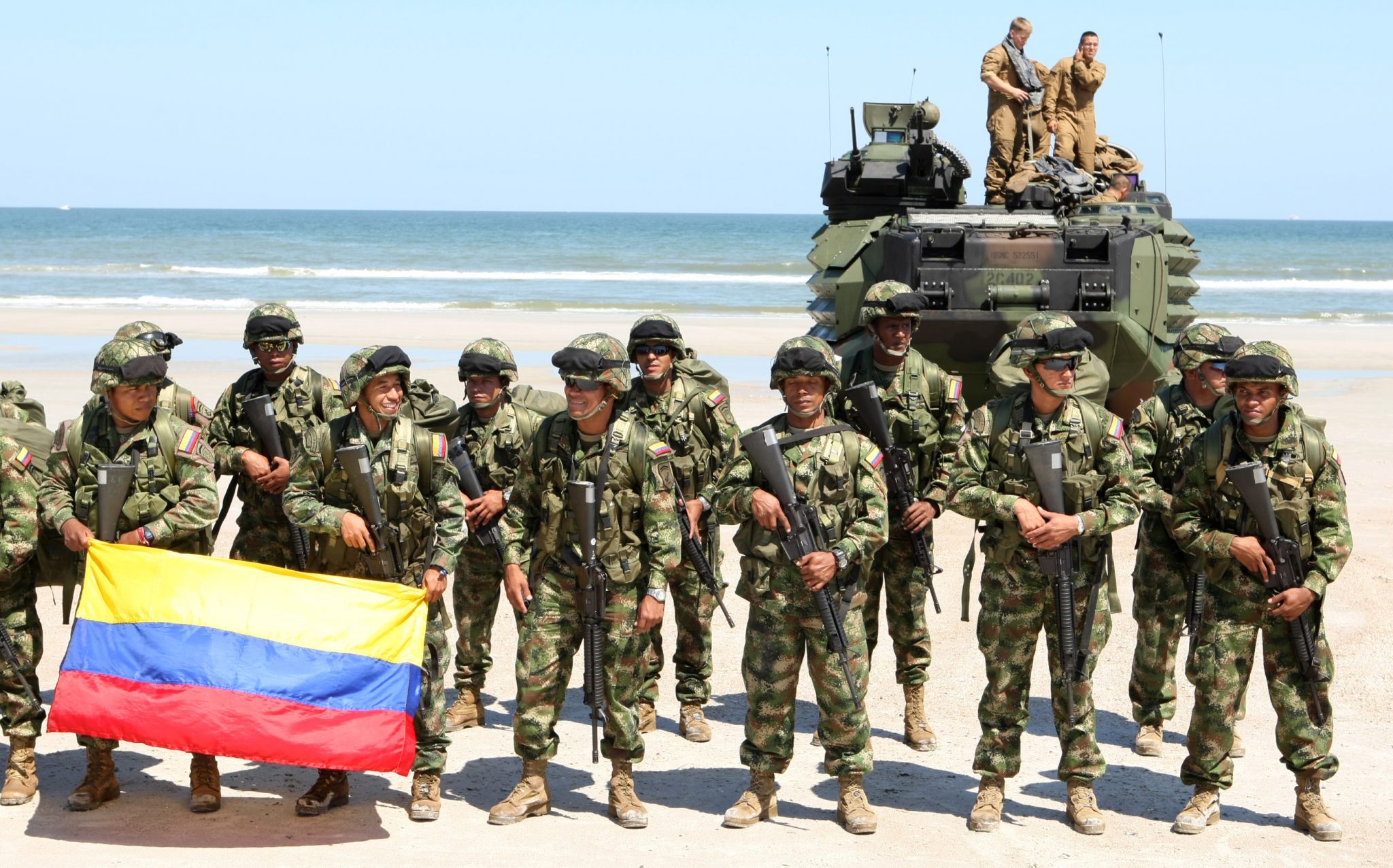UN: more than 300,000 civilians dead in Syria war
More than 306,000 civilian were killed in Syria between March 2011 and March 2021, according to new estimates released by the United Nations Human Rights Council. According to the latest findings, civilians represent an overwhelming majority of the estimated 350,209 total deaths identified since the start of the civil conflict. UN High Commissioner for Human Rights Michelle Bachelet emphasized that this “does not include the many, many more civilians who died due to the loss of access to healthcare, to food, to clean water and other essential human rights, which remain to be assessed.” This is compounded by estimates from the World Bank that more than half the country’s pre-war population has been displaced. (Photo of Aleppo ruins from UNHCR)



